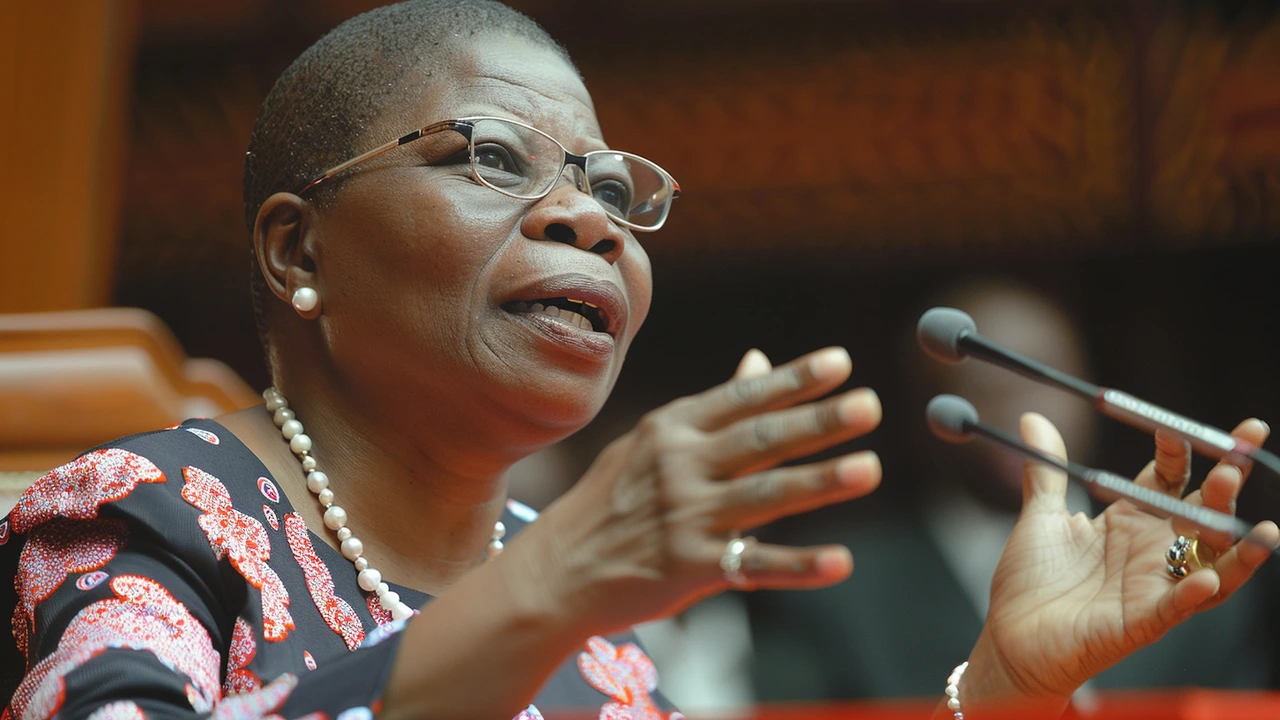Nigerian National Anthem — 'Arise, O Compatriots'
Did you know Nigeria adopted a new anthem in 1978? 'Arise, O Compatriots' replaced the older tune and is what millions of Nigerians sing at schools, state events, and sporting fixtures. If you want to understand the words, the history, and the right way to show respect, this guide gives you the essentials in plain language.
Quick history
The current anthem came from a national contest held after independence-era songs were reviewed. Officials chose lyrics that call for unity, service, and faith, set to a tune arranged by Benedict Odiase. Since 1978 the anthem has been a regular part of civic life — at independence celebrations, official functions, and public broadcasts.
Why did it change? The move aimed to choose words that felt modern and that many Nigerians could relate to. The chosen lyrics focus on patriotism and responsibility, not just praise. That shift made the anthem both a pledge and a call to action.
Lyrics and meaning
Here are the commonly sung words. They’re short, simple, and direct — easy to remember once you practice.
Arise, O Compatriots,
Nigeria's call obey
To serve our Fatherland
With love and strength and faith
The labor of our heroes past
Shall never be in vain
To serve with heart and might
One nation bound in freedom, peace and unity.
O God of creation, direct our noble cause
Guide our leaders right
Help our youth the truth to know
In love and honesty to grow
And living just and true
Great lofty heights attain
To build a nation where peace and justice shall reign.
Keep the lines short when you sing. The message is about service, national pride, and moral leadership. The second stanza asks for divine guidance and urges leaders and youth toward honesty and progress.
Pronunciation tip: take it one line at a time. Sing the first stanza clearly, then move to the second with the same calm pace. Avoid rushing the last lines — they carry the anthem's strongest message.
When is the anthem played? Often at national ceremonies, school assemblies, military parades, official openings, and before international sports matches. Radio and TV also use it during flag-raising events and at sign-off times.
How should you behave? Stand up straight, men remove hats, face the flag if one is present, and keep quiet until the anthem ends. If you don’t know all the words, standing respectfully and joining in where you can is fine. Schools teach the anthem early, so kids usually learn the tune and words quickly.
Want to practice? Play a recorded version, sing along slowly, and repeat unfamiliar lines. Learning the anthem is a small way to connect with national rituals and understand what many public events mean to people across Nigeria.
If you need a printable version of the lyrics or a slow recording to learn from, check official government or reputable educational sites for accurate resources.
Oby Ezekwesili Upholds Old National Anthem Amid Controversy over New Version
Former Minister of Education, Oby Ezekwesili, firmly opposes the newly signed national anthem endorsed by President Bola Tinubu. She pledges to continue singing the old anthem despite the new legislation. This move has sparked widespread debate on patriotism and the country's priorities amid economic challenges.
